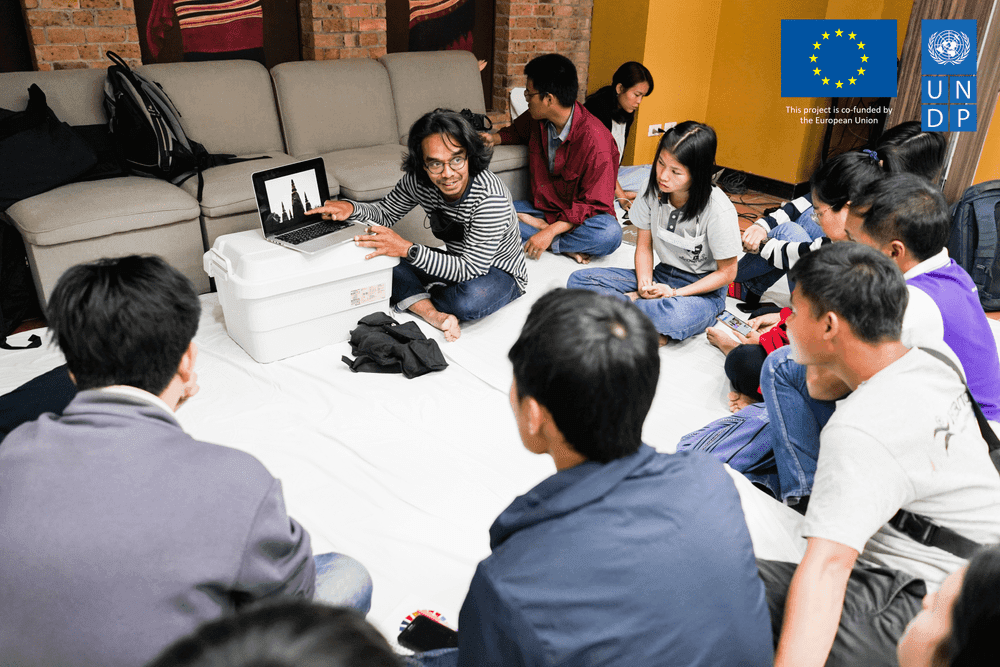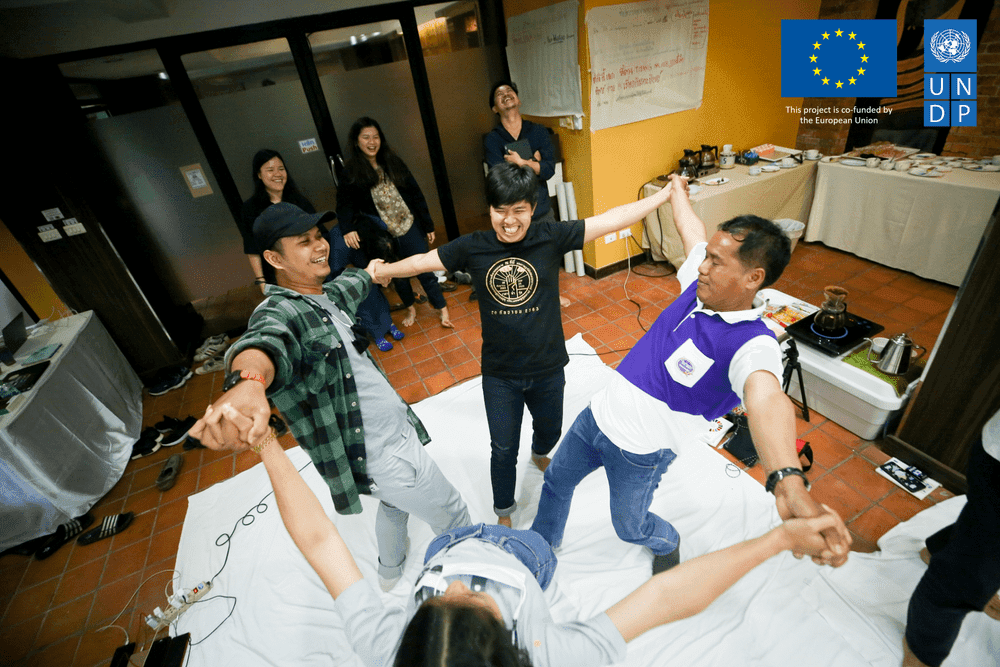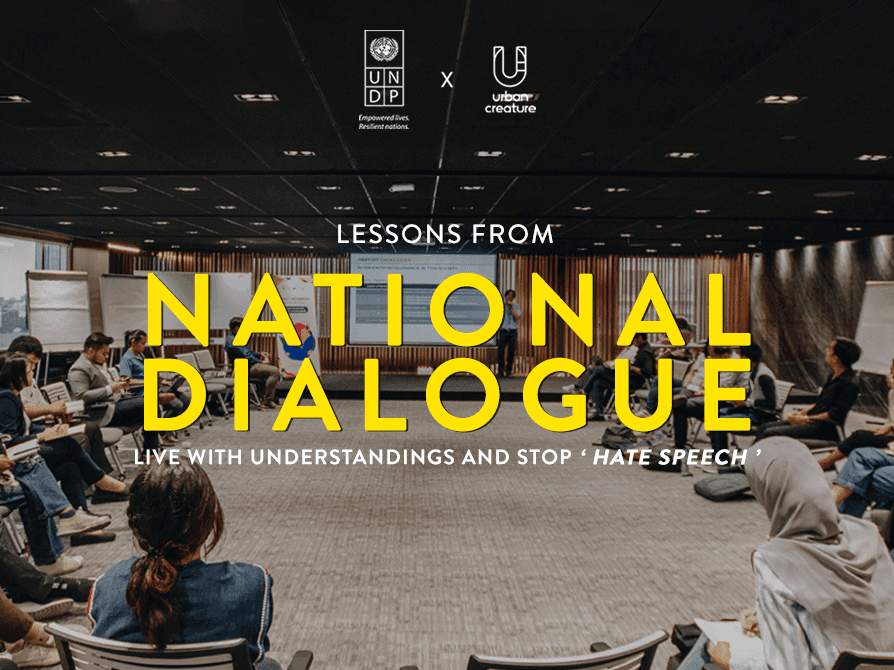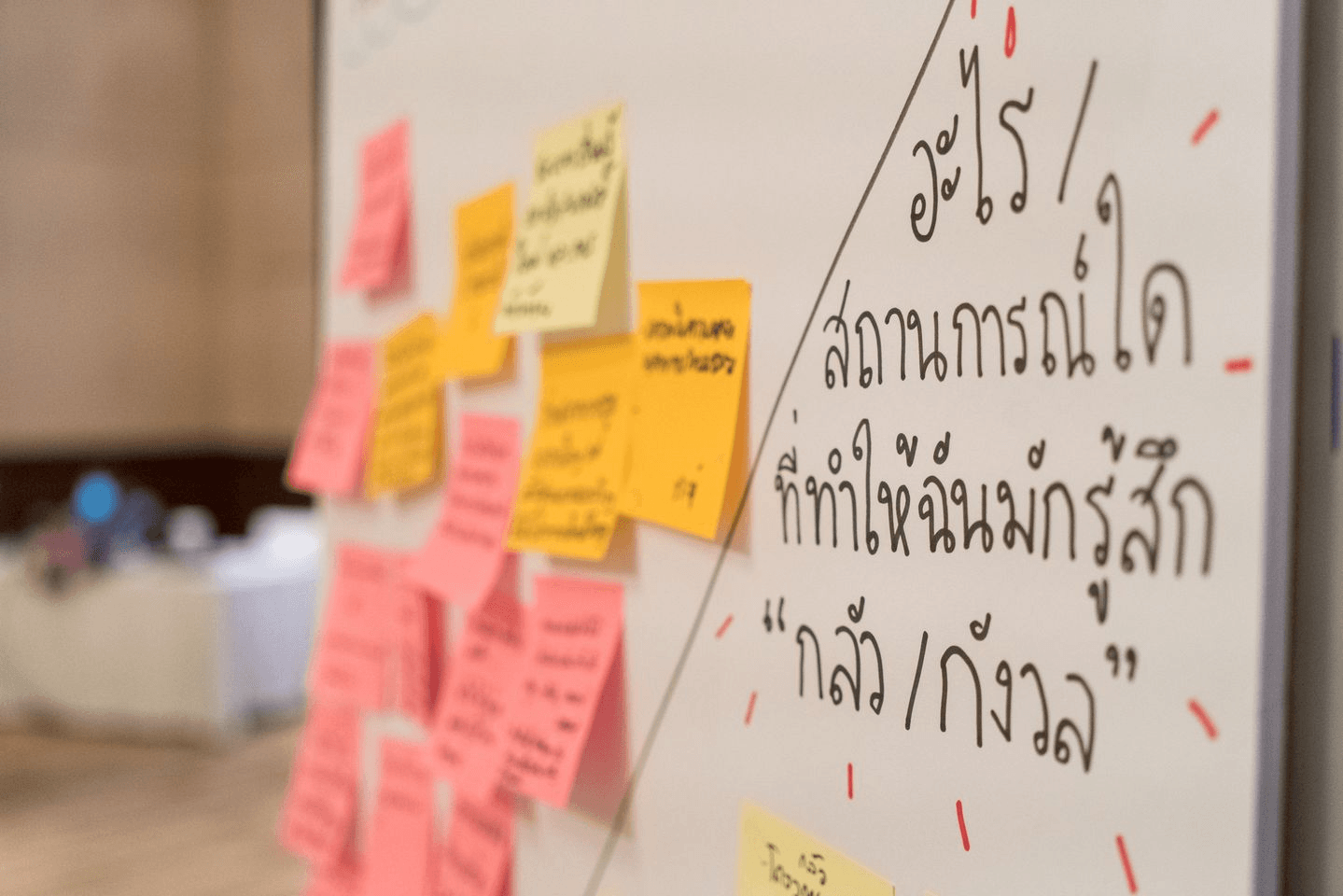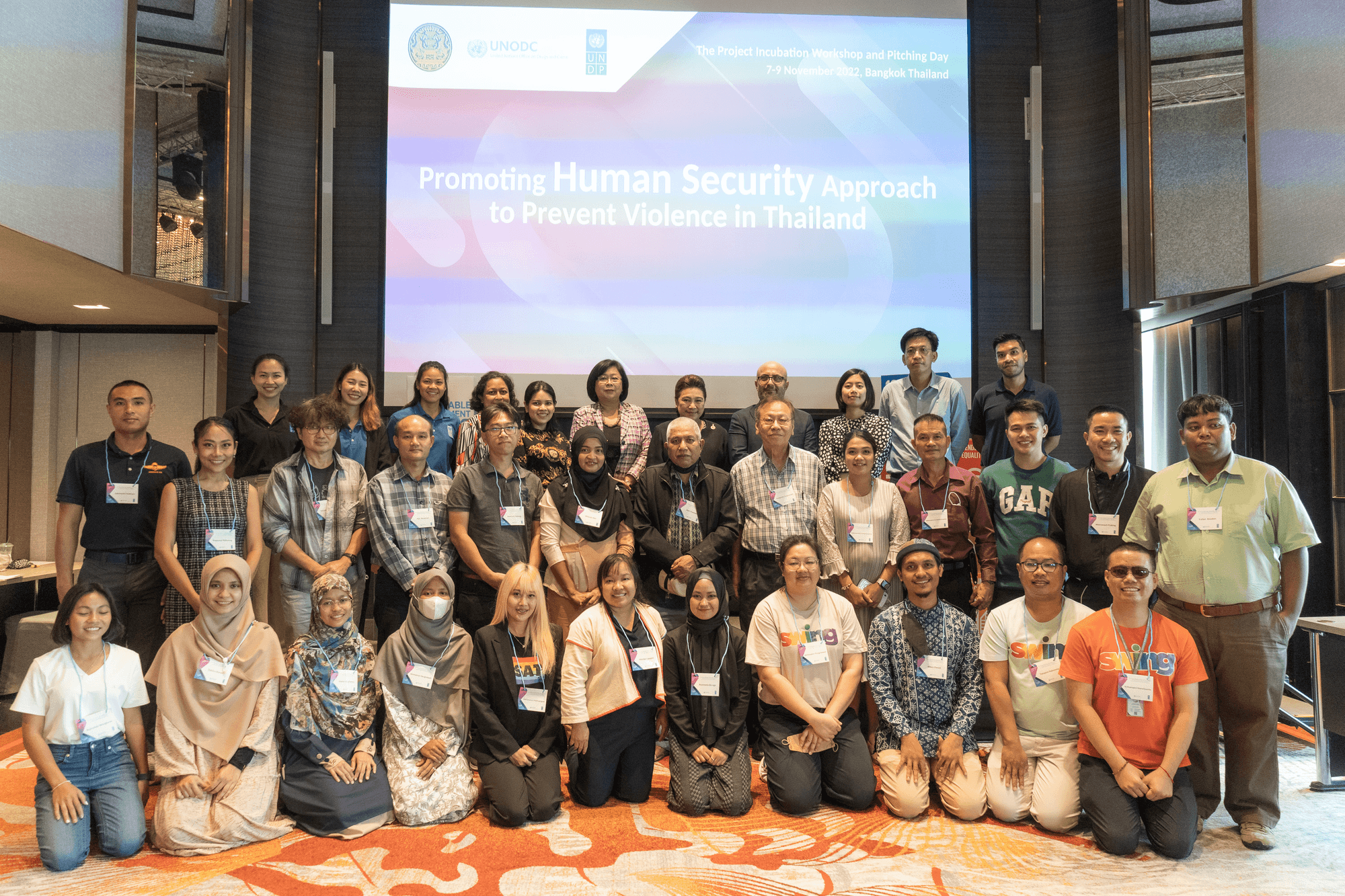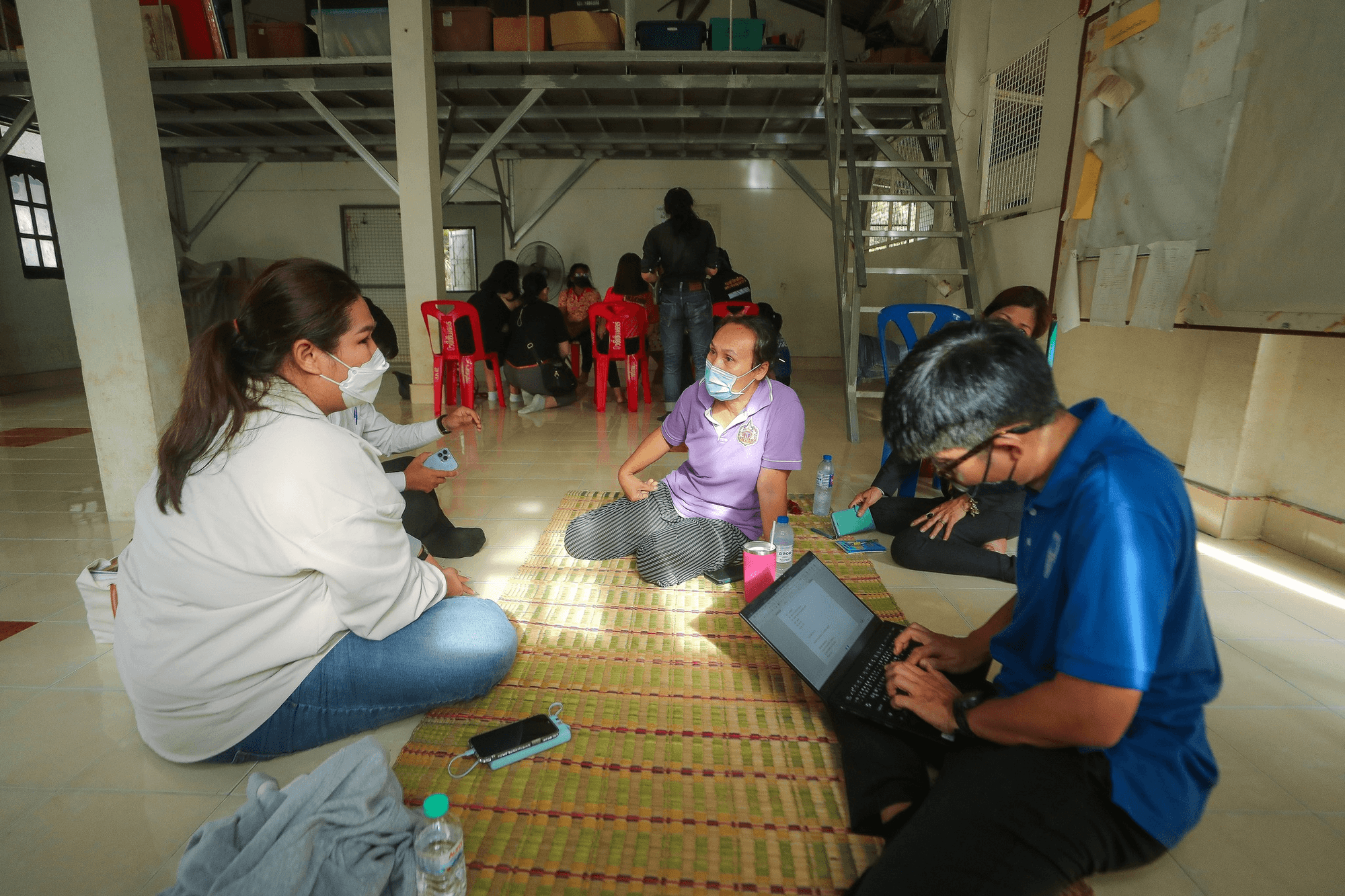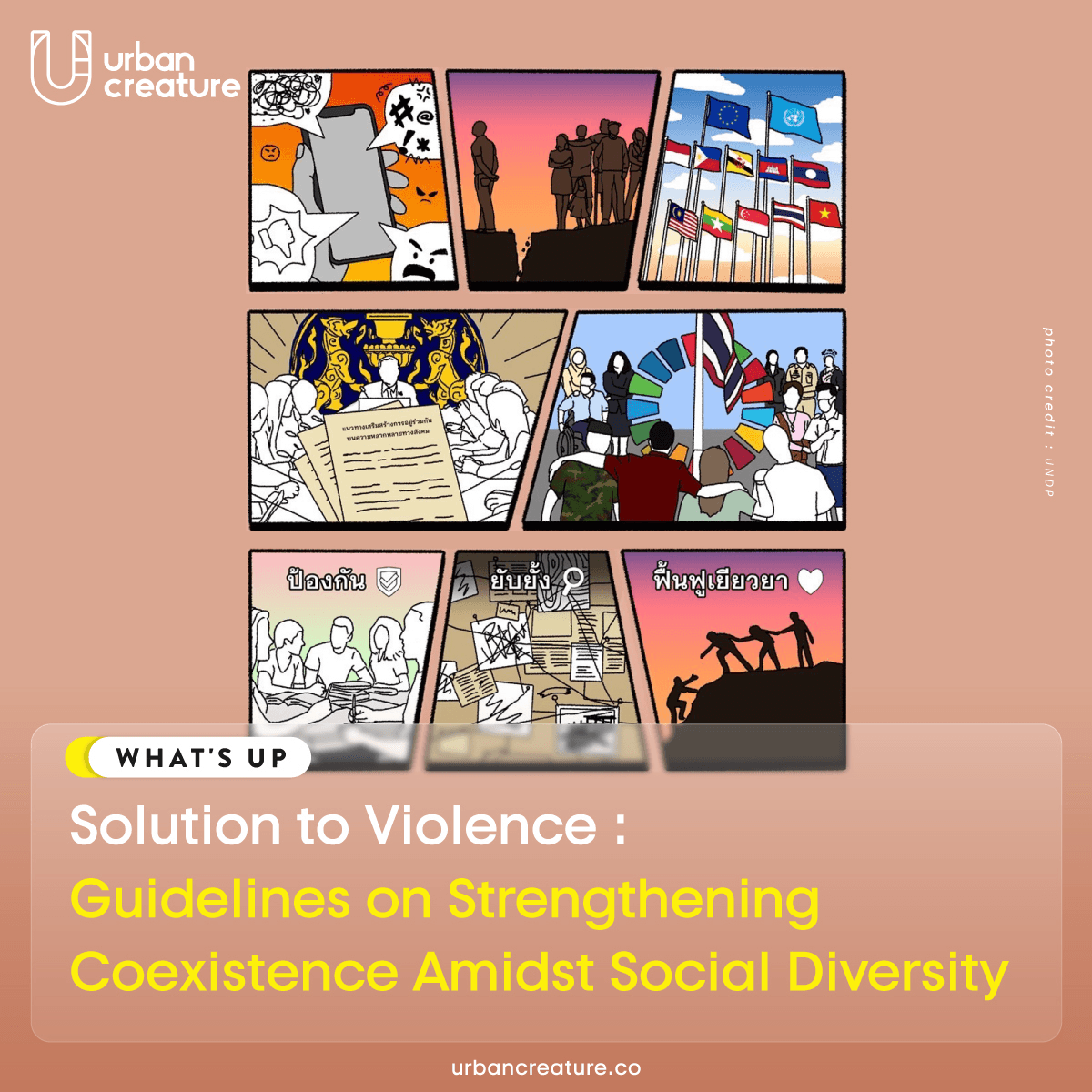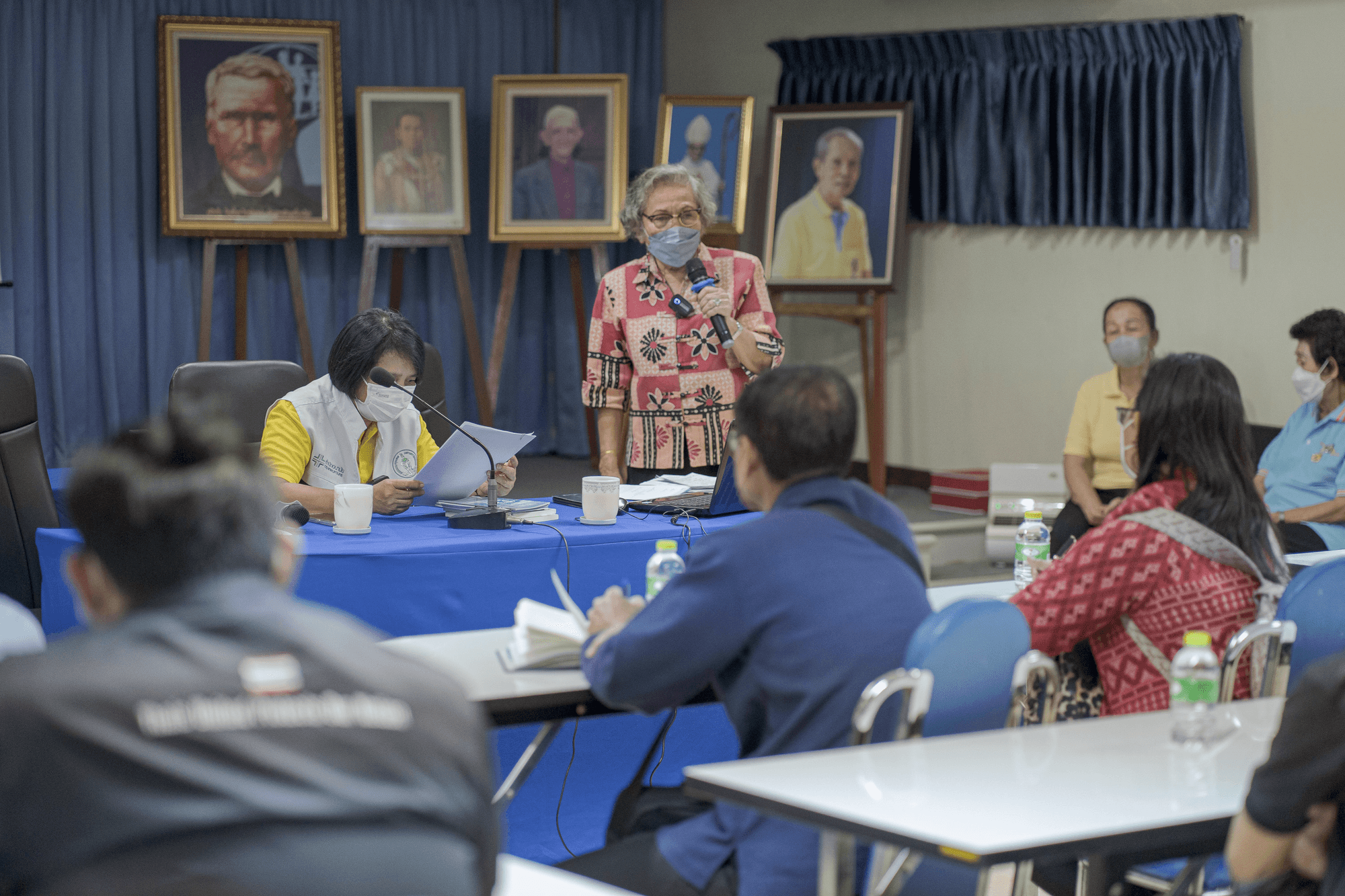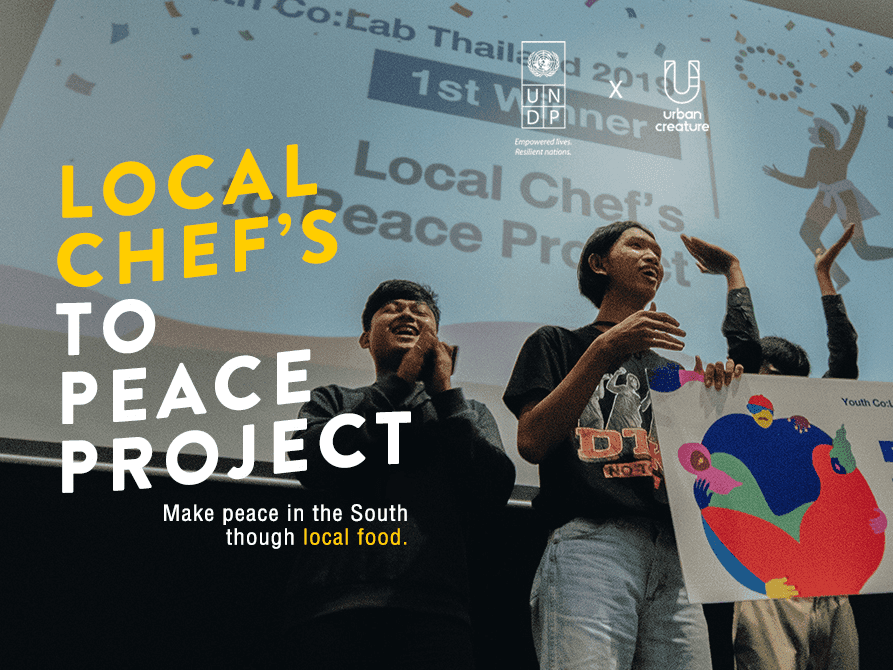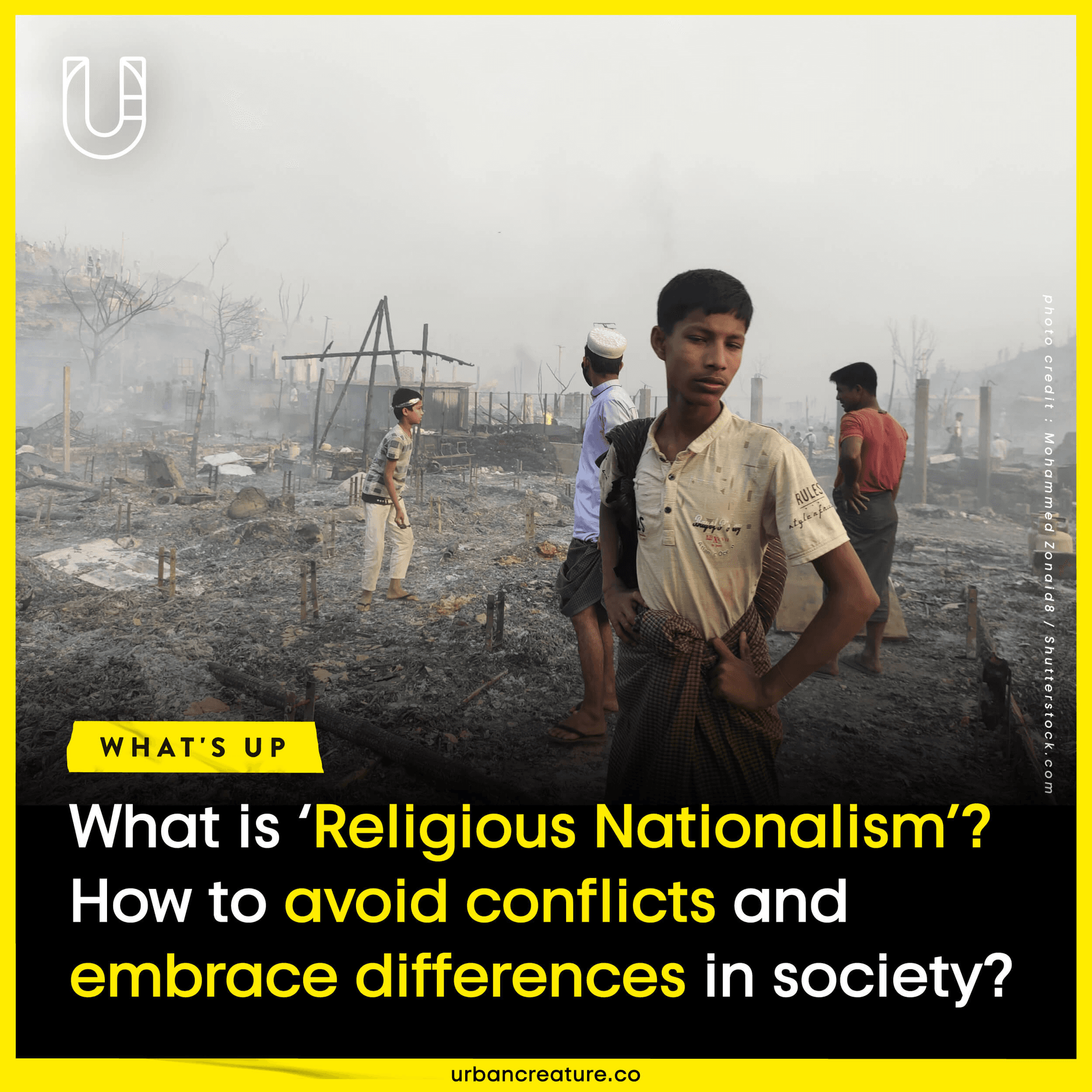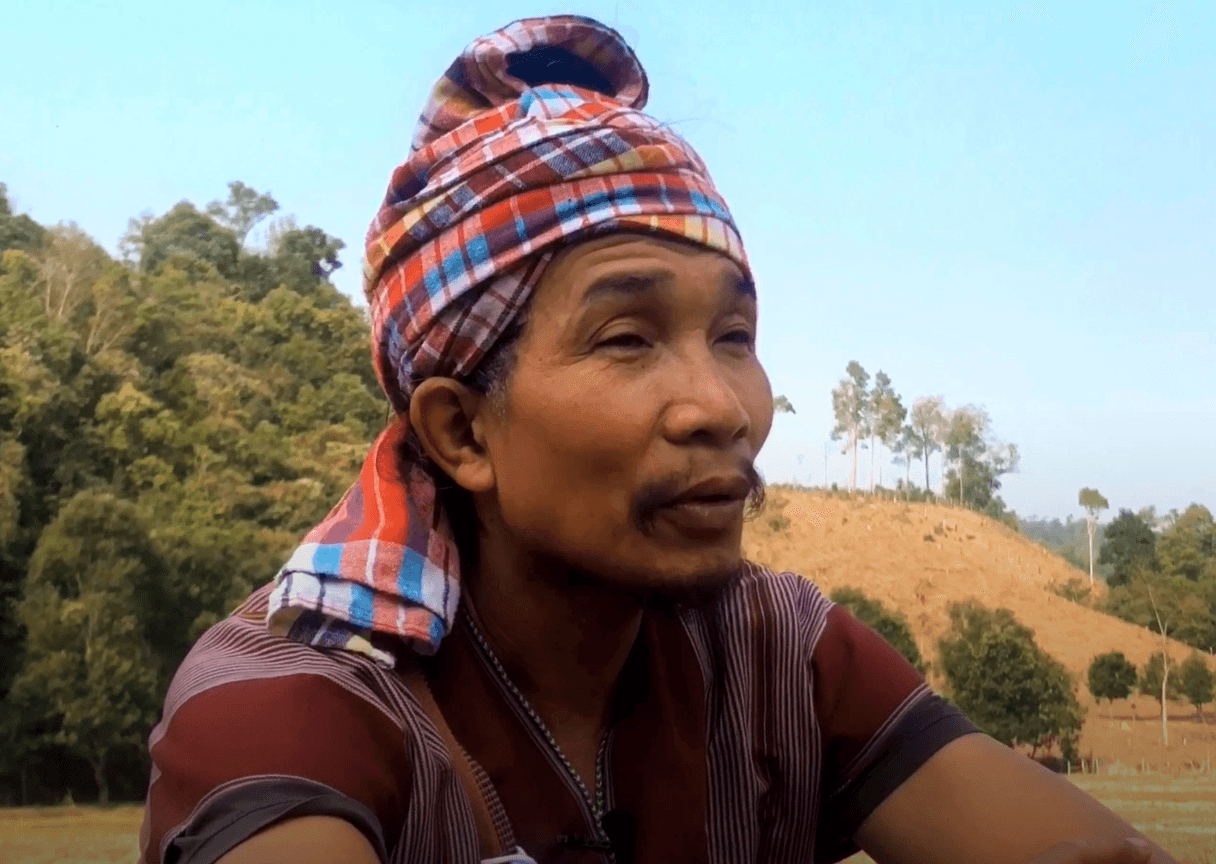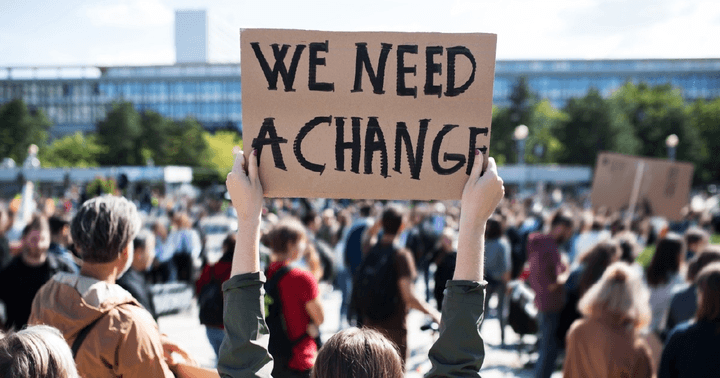What is ‘Religious Nationalism’? How to avoid conflicts and embrace differences in society?
Religion represents a collection of ideologies that attempt to explain the origins and workings of the universe. It encompasses values, traditions, and beliefs. Furthermore, religion provides an ethical framework to guide its followers throughout their lives and serves as their spiritual anchor.
In any given nation, it is common to find one religion with a greater number of followers than any other. However, when a religious identity becomes closely entwined with national identity, fostering 'religious nationalism', religion can be manipulated as a tool to isolate and ostracize believers of other faiths, leading to serious conflicts.
Contemporary history has witnessed the consequences of weaponizing religion in various incidents. For instance, in India, certain political parties use prejudiced rhetoric to marginalize Islam, thereby bolstering their popularity. They have also implemented policies specifically discriminatory towards Muslims. On the other hand, 'The Islamic State' or 'IS' utilizes religion as a tool to amass forces and establish an ideological claim for nationhood. There are instances where religion has been used as a pretense for extreme violence against those who do not belong to the main religious narrative of the nation. One notable example is the ongoing Rohingya genocide, where Myanmar’s citizens, monks, and government officials persecute and kill the Muslim Rohingya people. This violence is stoked by the notion that the Rohingya are not indigenous to the region and pose a threat to Buddhism.
Thailand, with its Buddhist majority, typically experiences no overt religious conflicts, as its people generally respect diverse faiths and beliefs. But with the overwhelming presence of Buddhism and its significant societal standing, its influence on society is undeniable. There have been sporadic attempts to use Buddhism to drive nationalism or certain political ideologies, as well as attempts to create suspicion towards other religious groups, claiming that they are threats to Buddhism and the nation. These narratives risk destabilizing Thailand’s commitment to cultivating a diverse society.
So, how can we prevent religious conflict before it escalates? The United Nations Office on Genocide Prevention and the Responsibility to Protect collaborated with religious leaders and relevant organizations from around the world to devise the 'Plan of Action for Religious Leaders and Actors to Prevent Incitement to Violence that Could Lead to Atrocity Crimes.' This serves as a guideline for governments and all sectors in society to stop incitements of religious discrimination that could lead to violence. It recommends fostering an understanding of religious rights and differences, encouraging dialogues between different religious groups, monitoring any religious-based incitements, and enacting laws and policies that safeguard all religious groups and beliefs in society.
Religious nationalism is a delicate subject. Governments and all relevant sectors must study historical precedents and strive to prevent violent religious conflicts. This will pave the way for a society where all beliefs can coexist peacefully and respect each other’s differences.
Sources :
Al Jazeera | bit.ly/3Adgts4
Berkley Center for Religion, Peace & World Affairs | bit.ly/3Lm4pvj
Buddhism and Politics in Thai Society | bit.ly/41EzdMZ
Office of the National Security Council | bit.ly/40kMTvx
Oxford University Press | bit.ly/3L9MtUu
Thai PBS | bit.ly/3AayO9f
The National Defence College of Thailand Journal | bit.ly/3Abnh9N
The Role of Ultra-Buddhist Nationalism, and the Conflicts between Buddhists in Rakhine State and Muslim Rohinyas | bit.ly/3okKUdf
United Nations | bit.ly/4204Lxt
VOA Thai | bit.ly/3A9cyfV
